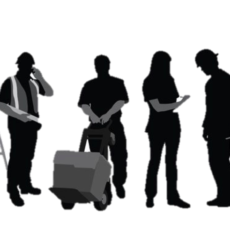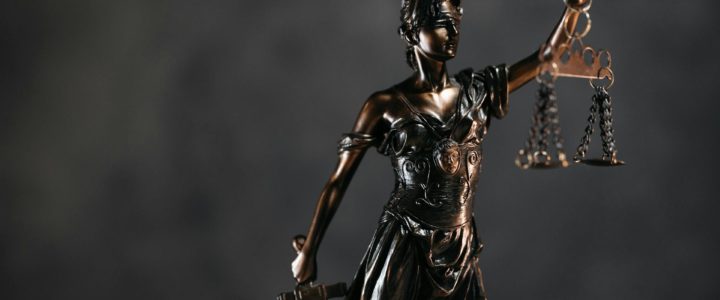
The ocean is getting warmer. Wildfires are burning longer. Ice sheets are shrinking. The global temperature is rising, and glaciers are retreating. The evidence of climate change is unequivocal according to NASA, and human activity is the main cause.
Yet governments around the globe continue to permit, if not actively encourage, the extraction and production of fossil fuels. Where the legislators and executors have failed, those advocating for the right to a clean environment look to the courts for hope. Our Children’s Trust, a nonprofit founded in 2010 by attorney Julia Olson, has spearheaded the efforts to advance cases brought by youth plaintiffs such as Held v. Montana to trial.
The constitutional climate lawsuit Held v. Montana was first filed on March 13, 2020, by 16 youth, ages five to 22, from across Montana. In the complaint filed with the court the plaintiffs assert that Montana has violated their explicit constitutional rights to a “clean and healthful environment” by endorsing an energy system reliant on fossil fuels that only further exacerbates the climate crisis.
Montana’s state constitution does in fact instruct the state to protect the environment. Added in 1972 at the Constitutional Convention, Article IX, Section One states: “The state and each person shall maintain and improve a clean and healthful environment in Montana for present and future generations.”
The key issue at the center of this case is a portion of the Montana Environmental Policy Act that was passed in 2011. The plaintiffs in Held allege that this bill is in direct violation of the state’s constitution as it forbode officials in the Department of Environmental Quality from taking into consideration the greenhouse gas emissions and other climate impacts when approving projects. This restriction was later reinforced further in May 2023 through a bill signed by the state’s Republican Gov. Greg Gianforte.
After three grueling years of cutting through the thick red tape of bureaucracy, the case was finally brought to a bench trial, a trial without a jury, on June 12, 2023. Represented by attorneys with Our Children’s Trust, the Western Environmental Law Center, and McGarvey Law, the plaintiffs were finally having their day in court.
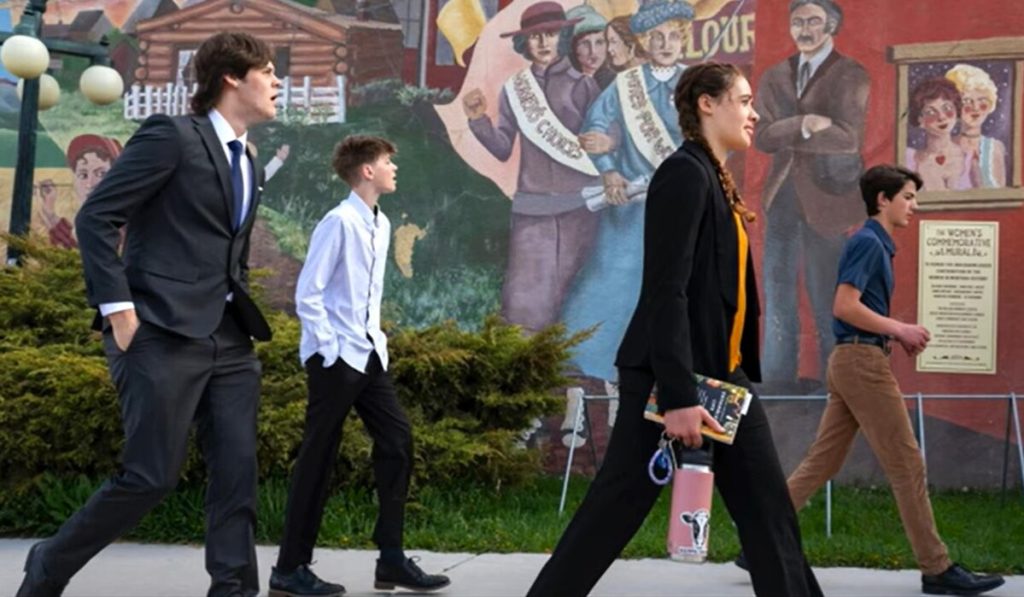
Held v. Montana is unique in the sense that it’s the first climate litigation case to go to trial. Before Held, there was another case that built the framework for Held to get this far. This crucial case was Juliana v. United States.
Despite the challenging, complex, and systemic nature of the issue at the heart of Juliana v. United States, the attorneys at Our Children’s Trust were well versed and equipped in the world of environmental litigation.
Phillip Gregory, an attorney with Our Children’s Trust and counsel for both Juliana and Held, noted his first introduction to environmental litigation was in northern California which inspired his passion for environmental and climate litigation.
“In way northern California there are beautiful old growth red woods, and so I was asked to get involved in a case where the California department of transportation was going to widen a road that did need to be widened,” Gregory said. “As a result, it was going to endanger if not take down old growth red woods. So, I got an injunction stopping that highway project. Then I was kind of hooked, and it escalated from there.”
According to Gregory, several climate cases were filed in 2011 across the U.S. and around the world by Our Children’s Trust. These cases were initially filed utilizing the Public Trust Doctrine, with many of the legal arguments arising from the work of Mary Wood, a law professor at the University of Oregon. In a paper published in 2016 by the University of Oregon, Wood defines what the Public Trust Doctrine means for the climate.
“The PTD (Public Trust Doctrine) requires government stewardship of the natural resources upon which society depends for continued existence.”
Unfortunately, despite the legal reasoning behind it, filing cases using solely the Public Trust Doctrine did not produce effective results. So, the team at Our Children’s Trust went back to the drawing board and began to brainstorm other avenues to coincide with the Public Trust Doctrine.
“I was really inspired by the work that the NAACP had done to address segregation because the fossil fuel energy system like segregation is a systemic problem,” said Gregory. “You can’t just shut down one power plant, you can’t just save one polar bear, you gotta get rid of the whole system.”
The attorneys at Our Children’s Trust began studying the case law that arose from segregation, same sex marriage, and other ‘systemic’ issues as Gregory described. As a result, the legal theories they came up with were later filed as a complaint in August 2015 becoming Juliana v. United States.
When crafting the variety of arguments for Juliana v. United States, Gregory said the first important factor was establishing “standing.” To establish standing, the attorneys needed to connect the injuries sustained by the plaintiffs to the conduct of the defendants and demonstrate that the injuries sustained may be alleviated by a decision from the court.
“If you want to go after various types of conduct, you’ve gotta show your plaintiffs have various injuries and those injuries for Juliana are occurring around the United States,” said Gregory. “So that’s why we used different types of situations that our plaintiffs had been or were being involved in, to give a broader brush to our injury and causation arguments.”
Proving the evidence of harm and injury to the plaintiffs was no easy feat. However, in an ironic twist of fate a severe storm worsened by the climate crisis ended up creating an example of a specific instance where plaintiffs were damaged.
“One of our Plaintiffs, Jayden, at that time was living in Rayne, Louisianna. It was either August or September of 2018, just before we were going to argue a motion in the Juliana case.
Jayden’s home was flooded just before the oral argument and the federal government conceded that it was the climate crisis that exacerbated the storm that caused the flooding,” said Gregory.
Juliana v. United States has been tied up in the courts for almost a decade now. According to Our Children’s Trust the U.S. Department of Justice has attempted to strike the Juliana case down 22 times, and as of March 21, 2024, a final request was filed with the Biden administration on behalf of the plaintiffs to be heard at trial in the U.S. Court of Appeals.
Through the trail blazed by the plaintiffs in Juliana v. United States, plaintiffs in Held v. Montana were able to have their voices heard despite efforts by the defense to dismiss the case.
According to TIME, during opening arguments, Assistant Attorney General Michael Russel representing the state in the case, began by noting that the case would not have a real impact on the state’s additions to climate change. He went on to further say that Montana’s emissions are not significant enough to create an impact making the state a mere spectator of climate change.
However, as also noted by TIME, both Montana and the neighboring state of Wyoming contain the Powder River Basin, which is known as the largest coal deposit within the United States. More than 40% of American coal production originates in the Powder River Basin, meaning that Montana is indeed more culpable than Russel suggests.
Also during opening arguments Rikki Held, the named plaintiff in this case, testified about her experience growing up in Montana and seeing the impacts of climate change in Montana firsthand. Prior to even entering high school Held was assisting in environmental research. Working with the United States Geological Survey, she surveyed parts of the Powder River which cuts through her family’s property.
Experiences like these coupled with the education about climate change she received in high school inspired Held to pursue environmental science studies at Colorado College which she graduated from a few weeks prior to the trial where she would testify about her experiences.
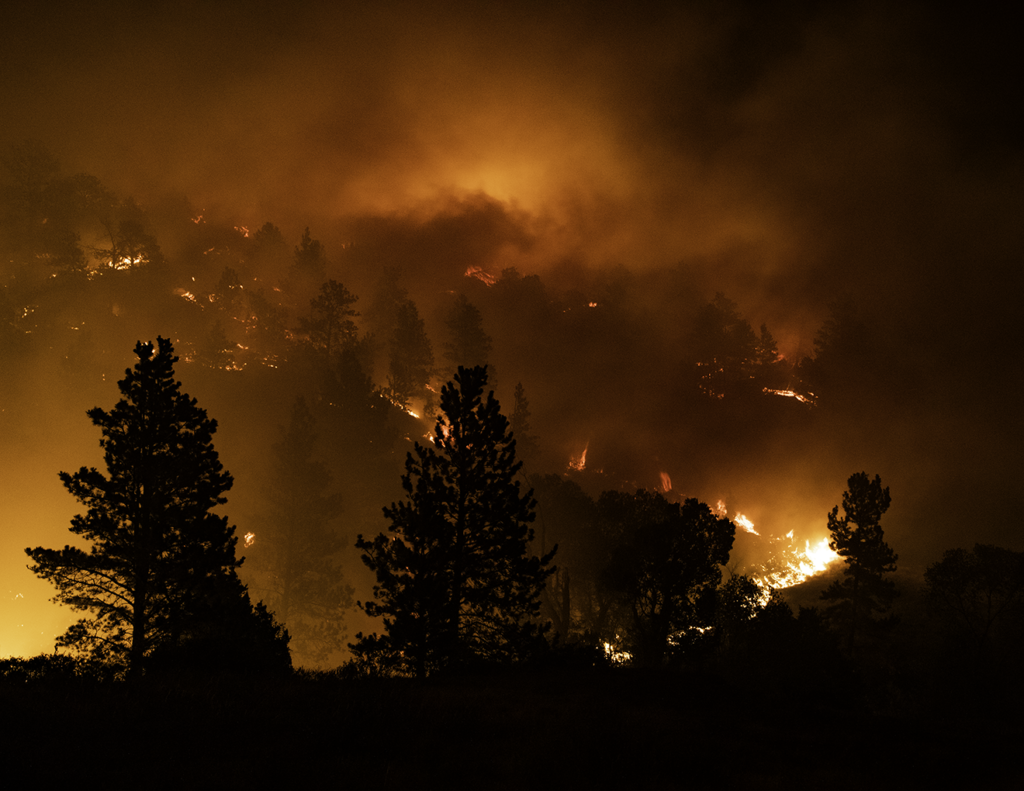
In her testimony Held noted that due to the increase in length and intensity of wildfire season her family’s way of life is jeopardized. Held’s family was without electricity for a month due to 70 miles of power lines getting obliterated during an exceptionally ruinous wildfire season. Multiple cattle on the property perished as a result.
“I remember… ash falling from the sky, people from town being evacuated,” Held testified becoming choked up as she recalled the events according to the Montana Free Press. “It impacts the well-being of myself, my family, my community… I see the impacts, I know the science behind it. It’s stressful to see that.”
It’s not just rising temperatures and stronger storms that plaintiffs are worried about. Due to the increase in wildfires and the excessive smoke that follows, health issues such as asthma have been significantly worsened.
Mika K. and Olivia V., two of the youth plaintiffs in Held, testified in court that their asthma had become increasingly difficult to deal with due to the smoke from the more frequent occurrences of wildfires.
“It feels like it’s suffocating me, like if I’m outside for minutes,” Olivia testified.
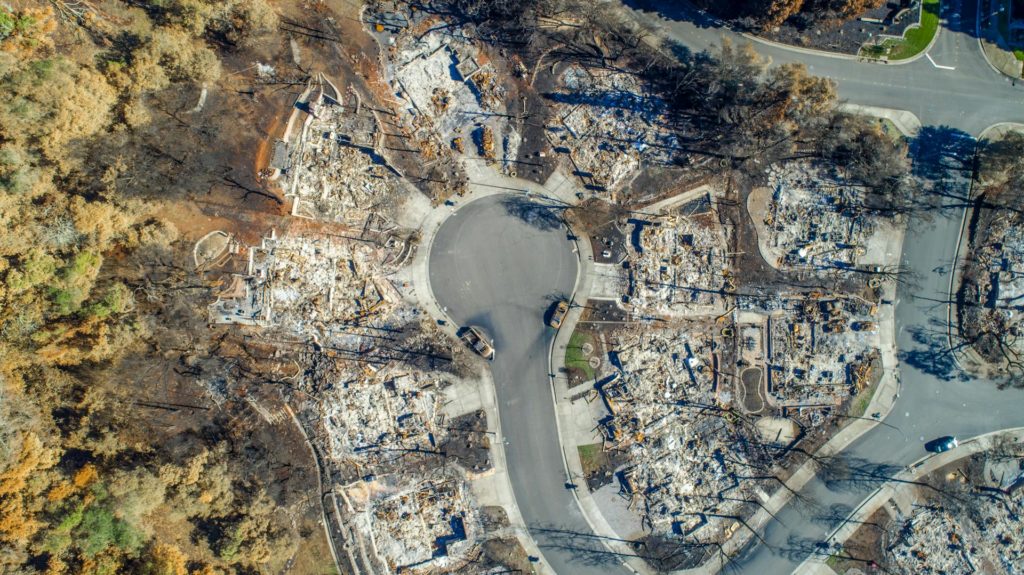
Pediatrician and medical expert witness Dr. Lori Byron also took the stand to testify about the mental and physical health effects from climate change in children. Dr. Byron noted that extreme temperatures and smoke conditions, further worsened by increasing wildfires, cause damage to the brains and lungs of children.
“I have seen a lot in children in Montana that are effects from climate change. The largest thing has been mental health issues, people with depression and sometimes suicidality. It’s hard for everyone, but it’s especially hard for children,” Dr. Byron said.
The plaintiffs’ testimonies were further corroborated through other expert witnesses such as earth scientist and professor at Montana State University Cathy Whitlock. According to TIME, Whitlock testified that Montana has experienced higher rising temperatures due to its elevation compared to other states.
Unlike the plaintiffs who utilized each of their five allotted days to present their evidence, expert witnesses, and testimony the state only used one day. The state also called a meager three witnesses, two of those witnesses were employees of the Department of Environmental Quality who simply acknowledged that under state law they cannot deny permits based on the release of greenhouse gases.
The third and final witness was an economist and fellow at the Hoover Institution named Terry Anderson. During his testimony which lasted only 15 minutes, he stated that Montana was responsible for roughly 0.08% of the greenhouse gas emission in the world.
However, upon cross examination when asked where the figure of 0.08% came from Anderson was unable to provide a source. He stated that he couldn’t say for certain where he got the figure, but that it was from a “reliable website.”
Despite not striking the testimony as requested by plaintiffs Judge Kathy Seeley, who presided over the case, acknowledged the plaintiffs’ attorneys stating, “you’ve definitely raised some questions about how he got the numbers.”
A fourth witness, Judith Curry a professor emerita at the Georgia Institute of Technology, was initially supposed to be called but the state cancelled her appearance without explanation. Curry was the only scientist on Montana’s witness list and has previously cast doubt on climate change according to TIME.
Due to the state’s lack of witnesses, evidence, and other components the trial lasted for six days rather than the initial 10 that were anticipated ending the trial on June 20, 2023.
Almost two months later, on August 14, 2023, Judge Seeley would rule in favor of the plaintiffs in Held v. Montana. The decision was 103 pages long and affirmed the Plaintiffs’ constitutional right to a clean and healthy environment.
Unfortunately, the state has decided it’s not going to back down. According to Our Children’s Trust’s website on September 29, 2023, the state has filed an appeal with the Montana Supreme Court. A brief to stay, or maintain the status quo, was filed by the state on December 1, 2023.
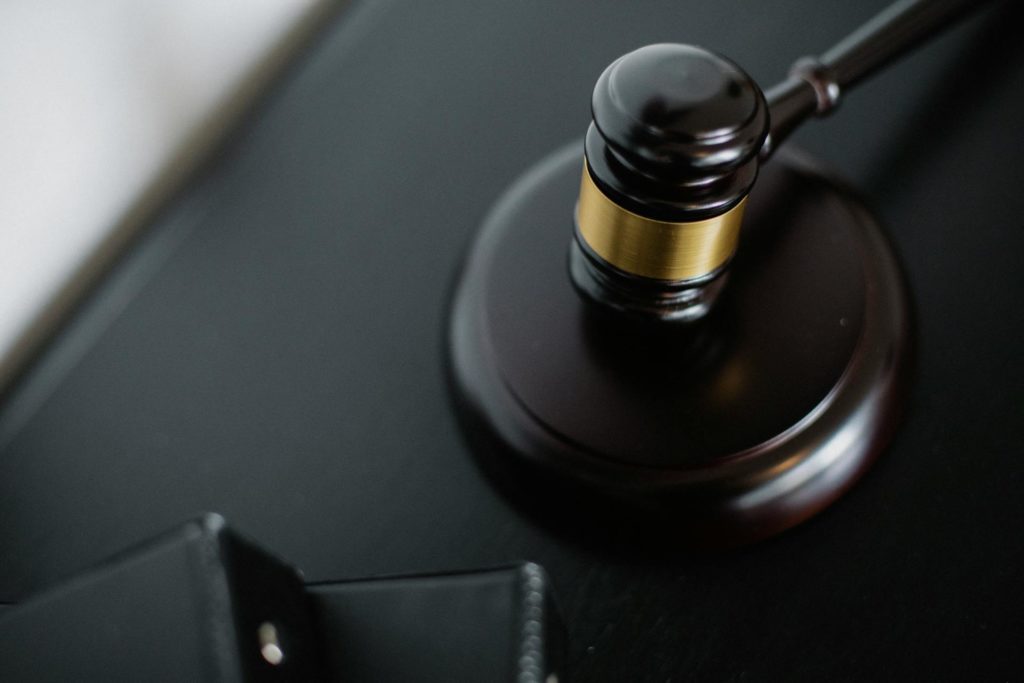
As of March 13, 2024, the Montana Supreme Court has denied the request by the state to maintain the status quo, and the attorneys for the plaintiffs have filed their answer to the state’s appeal to the Supreme Court.
With both Juliana v. United States and Held v. Montana stuck in litigious limbo, it’s easy to become discouraged. Despite the huge strides made with these cases, there’s still a significant way to go. However, according to Dr. Byron there’s hope that perhaps this campaign will follow the path of the anti-tobacco campaign.
“It’s important for people to realize there’s like 2,000 active cases around the world right now on climate change. Some of them are against big oil companies, some of them are against municipalities,” said Dr. Byron “So this is very similar to what we saw with the anti-tobacco campaign. There became a lot of lawsuits and eventually it significantly damaged the industry.”
Dr. Byron noted that court cases aren’t the only way to get involved. She stated there are many opportunities to educate the public or advocating for pedestrian friendly cities. She said that litigation is just “one more tool in the toolbox that all of us that do climate advocacy use.”
Activist Samantha Martin, a senior at Gettysburg College in Pennsylvania, is troubled by the lack of inaction from legislators and executors. Martin said that she has tried to be as sustainable as possible.
“I don’t throw things away until they’re totally broke. I try to also be conscious of what I buy so that it’s not stuff that’s going to break immediately. I’ve been trying to use more renewable bags, tea holders, water bottles… because I wanna do my part,” Martin said.
At the same time, however, Martin also notes how overwhelming it feels. Despite all the changes to her lifestyle Martin still feels as if environmental degradation and climate change is something out of her control. She stated that possibly creating convenient ecofriendly solutions would perhaps push more people to pursue greener options.
“I think when people are given the option to do something that’s of equal convenience most people will choose the one that’s better for everyone if it doesn’t impact their ability to survive,” Martin stated.
Despite the pending appeal from the state in Held v. Montana, and the stalling of Juliana v. United States by the Department of Justice, there is the hope that this will lead to meaningful change not just in Montana but across the country.
According to policy director at Montana Environmental Information Center, Anne Hedges, climate change has finally made its way into the courtroom. Despite being able to litigate environmental pollution the question of climate change was not brought into question.
Now with Judge Seeley’s ruling in Montana and efforts of other climate related cases across the U.S. Hedges notes that this has the potential to make other judges braver to rule in favor of plaintiffs in climate cases. Precedent has been set, now we wait for the follow through.
Kat is a 2024 graduate from Concordia College in Moorhead, MN. She has a degree in Political Science with a minor in English Writing. When she isn’t studying for the LSAT or working she enjoys drawing, biking, and frequenting Glendalough State Park in the summer. When at Glendalough she spends her time removing invasive zebra mussels jeopardizing the delicate underwater ecosystem from Annie Battle Lake.



